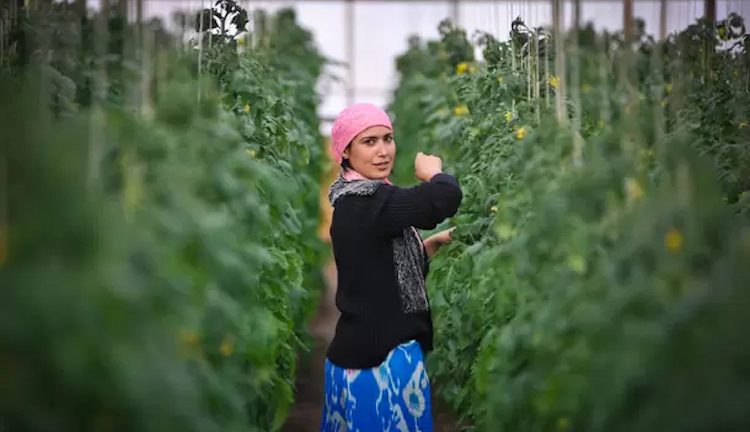By Rita Joshi
BONN | SAMARKAND. 13 September 2023 (IDN) — At least 100 million hectares of healthy and productive land were degraded every year between 2015 and 2019, affecting food and water security globally and directly impacting the lives of 1.3 billion people, according to the latest UN data.
This adds up to 420 million hectares, or 4.2 million square kilometres, slightly over the combined area of five Central Asian nations: Kazakhstan, Kyrgyzstan, Tajikistan, Turkmenistan and Uzbekistan.
The data indicate that, if current trends continue, restoring 1.5 billion hectares of land by 2030 will be necessary to achieve a land-degradation-neutral world. Alternatively, halting any new land degradation and accelerating existing commitments to restore 1 billion hectares can surpass the neutrality target.
Against this backdrop, the UN Convention to Combat Desertification (UNCCD) will for the first time since its inception convene one of its official meetings in Central Asia.
The twenty-first session of the Committee for the Review of the Implementation of the Convention (CRIC 21) will reveal the latest global trends in land degradation and drought, and review how countries are progressing with land restoration.
The CRIC 21 comes at an important point in time, when the world is witnessing an uptick in extreme weather events, with historic heatwaves and wildfires across Europe and North America, several failed rainy seasons in the Horn of Africa, and devastating floods, monsoons and cyclones in Asia. Land degradation contributes to these climatic changes and events and is simultaneously made worse by them.
As Ibrahim Thiaw, UNCCD Executive Secretary, rightly pointed out: “We are at a crucial juncture in our efforts to sustain life on land. Droughts, wildfires and heatwaves we have witnessed around the world are the symptoms of the deepening and interlinked climate and nature crises, with land at the heart of both. Since 2015, some 4 million square kilometres of healthy and productive lands have been lost—an area roughly the size of Central Asia. We must urgently stop further land degradation and restore at least 1 billion hectares to meet global land targets by 2030.”
The meeting will be held at the Silk Road Samarkand Congress Centre in Samarkand, Uzbekistan, from 13 to 17 November 2023. On 15 November, there will be a high-level event of sand and dust storms, many of which have occurred in Uzbekistan and surrounding countries and regions with increasing frequency and severity in recent years.
In addition, the UNCCD Gender Caucus on 14 November will convene international experts to discuss women’s land rights as a prerequisite to the success of global land restoration and drought resilience efforts.
CRIC21 will review progress in implementing the Convention’s strategic objectives on promoting sustainable land management, building drought resilience, supporting women’s leadership in sustainable agriculture, and addressing forced migration due to land degradation and climate change. It will bring together representatives from 196 countries and the European Union which are signatories to the UNCCD, as well as civil society, academia and international organizations. [IDN-InDepthNews]
Image credit: Asia Development Bank
IDN is the flagship agency of the Non-profit International Press Syndicate.


